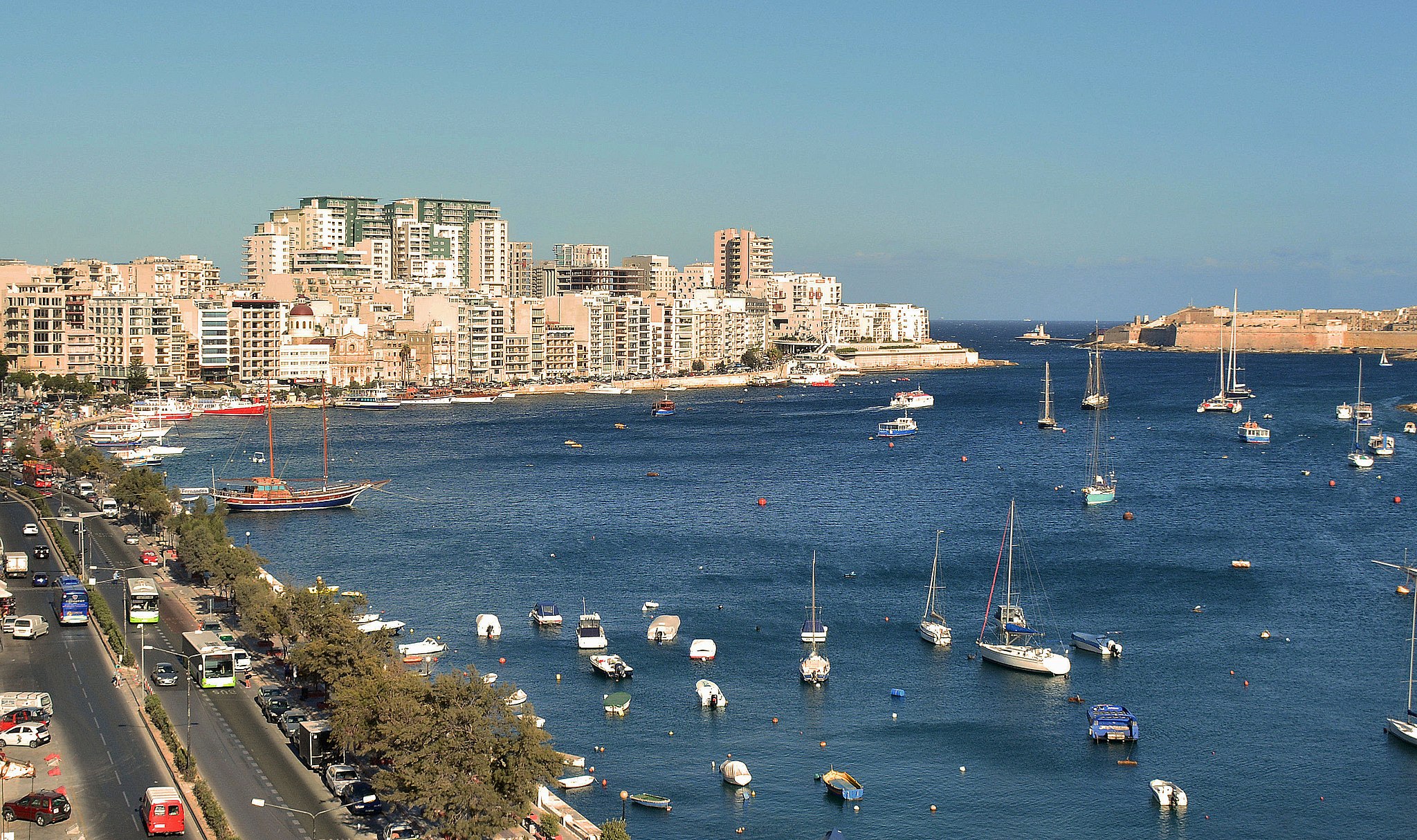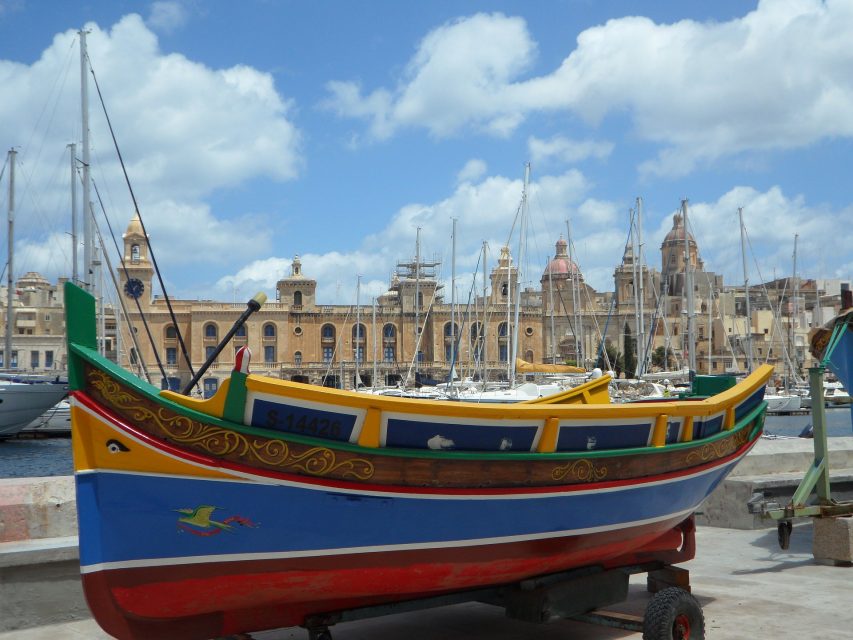Malta’s rocketing economic growth could change the face of the island. In time to come, the expectation is that Malta will expand rapidly to a hive of activity characterised by high-rise developments and booming infrastructure. This means that the island will attract more visitors and more job-seekers who will become homeowners. All of this means that sustainable development has become a hot topic among residents.
The Housing Boom in Malta
These changes have been necessitated by a lack of affordable housing in Malta for the many newcomers and workers attracted to its swift expansion, and the endless tourists seeking the leisure it offers. The modifications have not come without debate about retaining the original personality of the island and concerns over height restrictions of buildings.
Currently, Malta is a preferred site for billionaires and others who wish to avoid notice, aided by its low scale of development. It is known for its safety and everything one wishes for is within easy reach.
When Malta first gained its independence from Britain in the sixties, it offered investment housing schemes. However, the residential housing market started to truly take off in the nineties and homes were a solid investment. This level of confidence in the realty market was assisted by Malta joining the EU in 2004 and the Eurozone in 2008. Prices started rising at the rate of twenty percent per annum and tax amnesties attracted further foreign investment. Much of this has been made possible by the initial injection of foreign capital into the economy.
About a quarter of homes are worth over one million pounds. If you are seeking property for sale then Malta offers many work opportunities, as well as being an ideal location for a holiday home.
The Construction Boom in Malta
Despite a drop in the housing market as a consequence of the global economic decline, the construction business has enabled Malta to hold firm and prosper. Only first-time homeowners and the cost-effective buyer and seller were affected to a marked degree.
The boom is largely due to the influx of expatriates and global businesses and their investments into the island. Employees’ needs for housing boosted the realty market, absorbing the impact of the global downturn that affected most countries negatively. Construction and real estate make up ten percent of Malta’s GDP. The construction industry employs seven percent of people with jobs on the island.
Expatriates were lured to Malta with investment residency programs. This deal forced the newcomers to invest in Malta by purchasing a home worth a prescribed minimum or renting a property for a predetermined period. In return, Malta offered a passport or golden residency with free travel, tax concessions, and direct access to relevant government agencies.
Construction Boom in Malta has been responsible for revitalising the road network, erecting a new parliament, and upgrading Valetta, the main city’s entrance. The need for new commercial and entertainment buildings and additional housing has provided the construction industry with the wherewithal to expand.
In fact, demand is outweighing capacity, and an infrastructure delivery plan is being prepared to ensure that Malta can retain its competitive edge and continue with construction rollout.
Why Malta Is an Ideal Spot to Set Up Home
Malta offers many perks to residents and visitors alike. Whether you go there for a short holiday or decide to make it home, you will always have plenty to keep you occupied outside of work. Jobs in Malta are plentiful, with competitive salaries.
Some of the highlights of Malta are swimming and diving, a throbbing and varied nightlife, rock climbing, sports clubs, and cruises. There is a vibrant culture and many historical sites to explore. Gastronomy includes vintage wines with the inevitable wine tastings and traditional foods such as rabbit stew and fish pie. Malta is also famed for its Mediterranean-styled cuisine.
Places to visit in Malta abound. Maltese souvenirs can be obtained at Ta’ Qali Crafts Village. The Orpheum Theatre is a must-see treasure that has even been the venue for the heavy metal band, Black Sabbath during the 1980s. Seldom used now, it is a magnificent building and worth taking the time to stop over. People can take a tour of the Casa Bernard, a four-hundred-year-old aristocratic home decorated from its period; it even contains a chapel. Other attractions are the Muza art museum, the Aurora Opera House, the Tempra Museum of modern art, and Verdala Palace. Robert Samut Hall is the site where electricity was first developed in Malta. It is situated next to the beautiful Argotti Botanical Gardens.
It is clear that the construction boom in Malta has provided many benefits for visitors and those who have made it home. The trend is set to continue into the future as Malta makes its mark on the world. This is the perfect time to consider the benefits of working and living in Malta.

